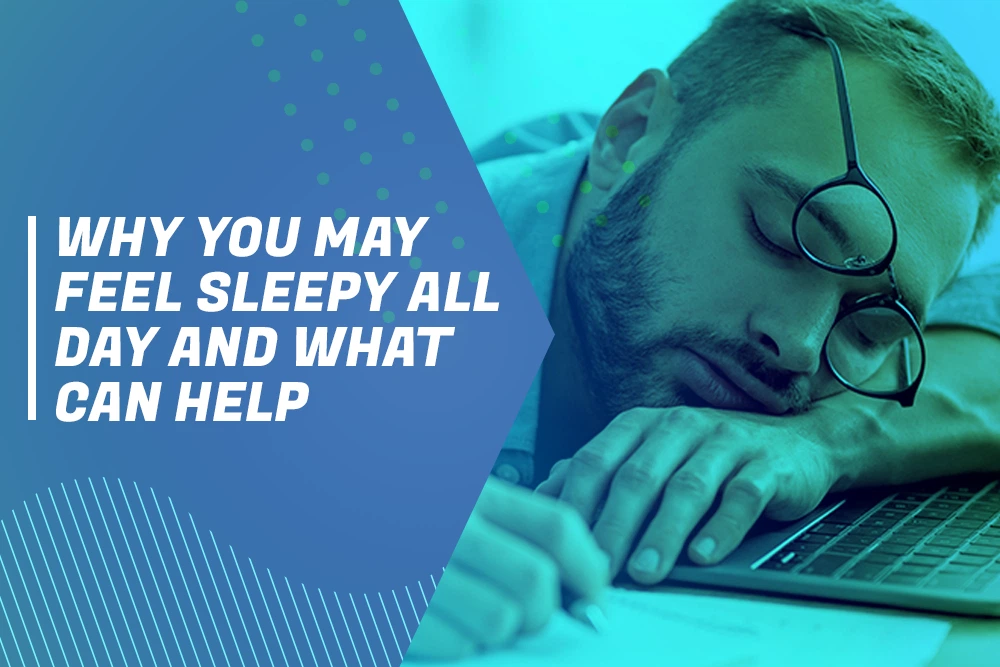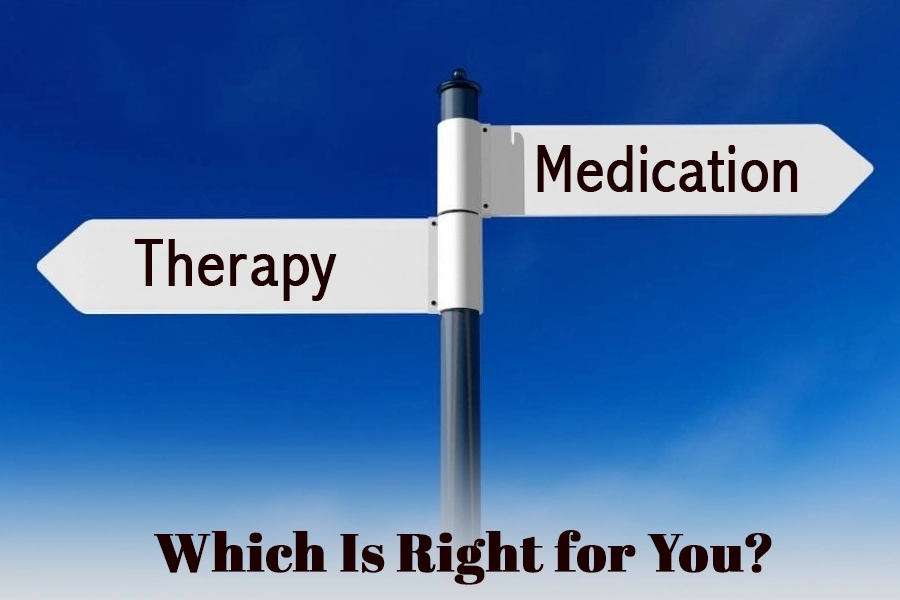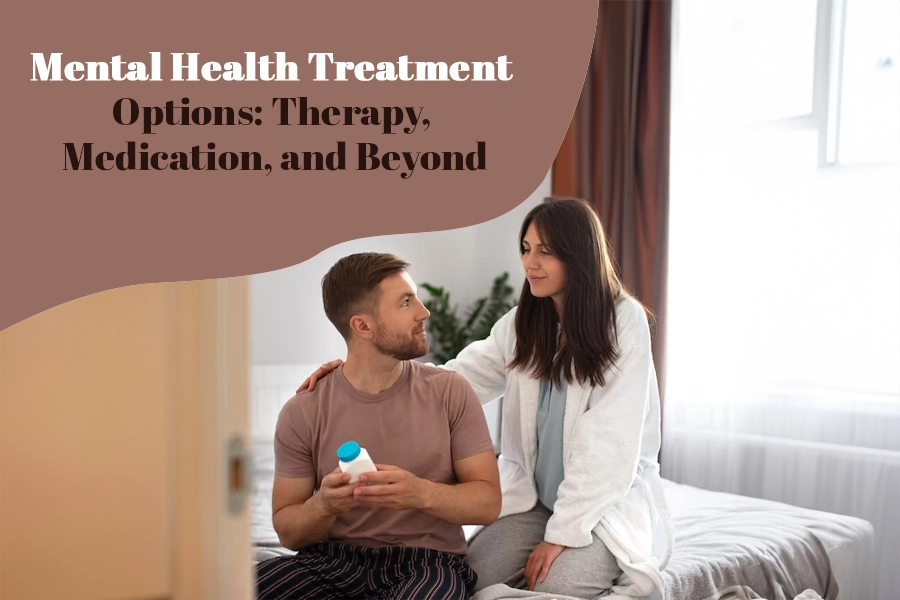Erectile dysfunction (ED) is a common health issue that affects millions of men worldwide. It can be frustrating, embarrassing, and even distressing, but the good news is that it’s treatable. Many men hesitate to talk about it, but understanding ED is the first step toward finding solutions. In this blog, we’ll cover everything you need to know about ED, including causes, symptoms, treatments, and expert advice on how to manage it effectively.
What is Erectile Dysfunction?
Erectile dysfunction is the inability to achieve or maintain an erection firm enough for sexual intercourse. It is not just a normal part of aging but rather a medical condition that can result from physical, psychological, or lifestyle-related factors.
Common Causes of ED
There are several reasons why a man may experience erectile dysfunction. Here are some of the most common causes:
1. Physical Causes:
- Cardiovascular diseases – High blood pressure, clogged arteries, and heart diseases can restrict blood flow to the penis.
- Diabetes – High blood sugar levels can damage nerves and blood vessels, leading to ED.
- Obesity – Excess weight can reduce testosterone levels and affect blood circulation.
- Hormonal Imbalances – Low testosterone or excessive estrogen can impact sexual function.
- Neurological Disorders – Conditions like Parkinson’s disease and multiple sclerosis can affect nerve signals.
2. Psychological Causes:
- Stress and Anxiety – Worrying about performance can lead to ED.
- Depression – Mental health plays a crucial role in sexual function.
- Relationship Issues – Emotional disconnect with a partner can contribute to difficulties in the bedroom.
3. Lifestyle Factors:
- Smoking – Damages blood vessels and reduces circulation.
- Excessive Alcohol Consumption – Can affect nerve function and reduce testosterone levels.
- Drug Abuse – Substances like cocaine and marijuana can interfere with normal sexual function.
- Lack of Exercise – Poor physical fitness can contribute to ED.
Symptoms of Erectile Dysfunction
The main symptom of ED is difficulty achieving or maintaining an erection. However, other symptoms include:
- Reduced sexual desire
- Premature or delayed ejaculation
- Difficulty keeping an erection firm enough for penetration
If you experience these symptoms frequently, it’s best to consult a doctor rather than ignore the problem.
How is ED Diagnosed?
A healthcare professional will typically conduct a physical examination and ask about your medical history. Additional tests may include:
- Blood Tests – To check for diabetes, hormonal imbalances, and heart conditions.
- Urine Tests – To rule out underlying health issues.
- Ultrasound – To check blood flow in the penis.
- Psychological Assessment – To identify stress, anxiety, or depression as potential causes.
Effective Treatment Options
The good news is that ED is treatable, and there are several effective solutions available:
1. Medications
Doctors often prescribe oral medications like:
- Sildenafil (Viagra)
- Tadalafil (Cialis)
- Vardenafil (Levitra, Staxyn)
- Avanafil (Stendra) These drugs work by increasing blood flow to the penis, helping men achieve an erection when sexually stimulated.
2. Lifestyle Changes
- Exercise Regularly – Improves circulation and overall health.
- Eat a Healthy Diet – A heart-friendly diet improves sexual function.
- Quit Smoking – Enhances blood flow and improves ED symptoms.
- Reduce Alcohol Intake – Helps maintain a healthy hormonal balance.
3. Psychological Counseling
If anxiety, depression, or stress is the cause, therapy can help. Speaking to a mental health professional or counselor may improve sexual performance.
4. Medical Procedures and Devices
- Vacuum Erection Devices (VEDs) – A pump that increases blood flow to the penis.
- Penile Implants – A surgical option for severe cases of ED.
- Hormone Therapy – If low testosterone is the issue, hormone replacement therapy may be an option.
Preventing Erectile Dysfunction
Prevention is always better than cure. Here are some tips to maintain sexual health:
- Maintain a healthy weight and exercise regularly.
- Eat a balanced diet rich in fruits, vegetables, and lean proteins.
- Avoid excessive alcohol and quit smoking.
- Manage stress through meditation, yoga, or therapy.
- Get enough sleep and rest.
When to See a Doctor?
If ED is affecting your quality of life or causing stress in your relationship, it’s time to seek medical advice. A healthcare professional can help determine the cause and recommend the best treatment plan.
Final Thoughts
ED is a common yet treatable condition. It’s important to break the stigma around ED seeking professional help when needed. With the right approach—whether through medication, lifestyle changes, or therapy—most men can regain their confidence and enjoy a healthy sex life. If you or someone you know is struggling with ED, don’t hesitate to consult a medical expert. Remember, you are not alone, and solutions are available to help you lead a fulfilling life.









Leave a Reply